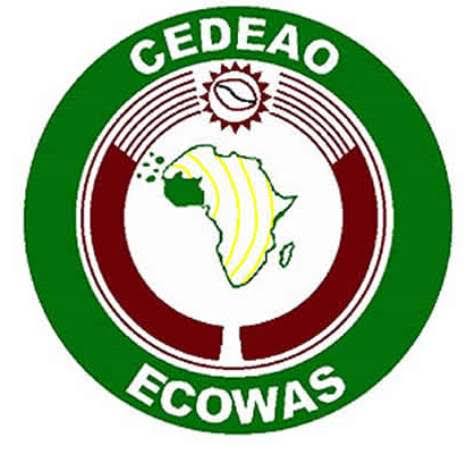By John Okeke
The West African Tax Administration Forum (WATAF) on Saturday, June 18 engaged Members of the ECOWAS Parliament (MPs) on “Emerging Global Issues and challenges of mobilizing domestic revenue for development in West Africa” at plenary of the 2022 1st Ordinary Session of the Parliament in Abuja.
Leading the team from WATAF, the Executive Secretary, Mr. Babatunde Oladapo informed the MPs that “WATAF was established by a resolution signed by Benin, Ghana, Liberia, Nigeria and the Gambia at a forum of West African Tax Administration meeting in Abuja on 12 Sept, 2011”.
According to him, “The core mandate of WATAF is to encourage strong collaboration and sharing of information amongst all ECOWAS member states towards improving the quality of tax administration”.
On the highlights of achievements by the body over the years, the Executive Secretary stated thus: “We have successfully organized over 30 capacity building events and trained over 1,100 staff of member tax administrations. We have commenced an impactful annual High-Level Policy Dialogue (HLPD) series that has become a flagship event now in its 4th year”.
“WATAF has built a reputation as a regional force in taxation matters through establishing partnerships and MOUs with other international organizations such as the IBFD, NTO, OECD, South Centre, United Nations, World Bank, etc”, he added.
With respect to Economic Outlook for year 2022, he disclosed that “The viability of the operating environment in West Africa is assessed using macro-economic variables in the region.
“The region currently is battling new COVID-19 variants, supply chain disruptions and climate shocks. Adding to these challenges are rising global commodity prices, which are increasing at a faster pace since the onset of the conflict between Russia and Ukraine”, he also said.
“The World Bank has estimated that the economy of West Africa and Central African sub-region will grow at 4.2 per cent in 2022, and 4.6 per cent in 2023”,
The forum further explained that “tax-to-GDP is a ratio of revenue collected in a given year as a proportion of Gross Domestic Product. It measures the effectiveness and efficiency of tax administration”. He added that “some member countries experienced a fall in GDP between 2019 and 2020 as a result of COVID-19 and the fall in commodity prices”.
From the table provided by WATAF showing the GDP of ECOWAS member countries, between 2019 and 2020, Nigeria came first with US$448.12billion and US$429.42billion; Ghana took second with US$68.35billion and US$68.49billion; and Cote d’Ivoire came third with US$58.53billion and US$61.23billion respectively.
Conversely, as at 2019, the tax to GDP ratio of the three largest West African economies were Ghana – 13.5, Cote d’Ivoire – 13.2 and Nigeria – 6. In West Africa, the three top countries with the largest tax to GDP ratio are Cape Verde 20.6, Senegal 16.6 and Mali 16.8. This may indicate that Nigeria is the least taxed nation on the West African sub-region.



